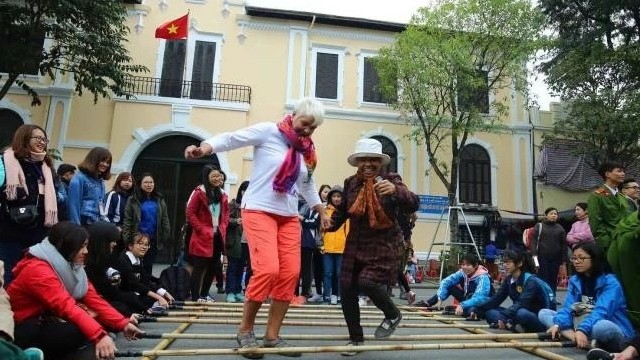Soft Power in the Era of Nation's Rise - Part 2
Key Factors to Promote Soft Power of Culture in the New Era
| Vietnam Steadily Enters Era of Nation's Rise: The Way Forward | |
| Vietnamese Intellectuals in France Aspire to Contribute to “"Era of Nation's Rise" |
First, build an institutional and policy foundation suitable for the new context.
A robust institutional and policy framework is essential for preserving and promoting national cultural values. The State's role is crucial in shaping policies to protect cultural heritage and driving the development of cultural industries. Following General Secretary To Lam's speech at the 8th Session of the 15th National Assembly on October 21, 2024, there is a need for continued innovation in legislative work. This includes transforming the approach to law-making to balance State management requirements with encouraging creativity, liberating productive forces, and unlocking resources for development. Legal regulations should be stable, long-term, and focus on principle issues, not being overly detailed. Decentralization and administrative reforms are also necessary. Power in law-making should be controlled, discipline tightened, and responsibility promoted, particularly among leaders. It is crucial to proactively establish a legal framework for new issues and trends, supporting the digital transformation revolution and fostering national development.
Second, invest in preserving and promoting traditional cultural values.
The State must allocate resources to preserve both tangible and intangible traditional cultural heritages. These heritages are national assets that unite communities and create a unique cultural identity. Conservation programs, including traditional festivals, folk songs, and ancient architectural works, are part of this effort. Additionally, research, storage, and restoration of at-risk heritages should be prioritized.
Investment should also extend to modern cultural industries such as cinema, music, fine arts, literature, and design. These sectors are vital for conveying cultural values to domestic and international audiences, raising awareness of Vietnamese cultural identity, and attracting global attention.
 |
| Photo: Tuyengiao.vn |
Third, support creative cultural initiatives.
To truly develop culture and reflect social trends, the State must develop policies that support creative cultural initiatives. Incentive mechanisms such as cultural creativity funds, tax reductions for cultural enterprises, and copyright protection policies will help make cultural creativity more feasible. This will not only improve the quality of cultural products but also encourage investment in this field.
Creating space for creative cultural ideas through competitions, cultural festivals, and art events is also necessary. These events provide platforms for artists and creators to showcase their talents and promote Vietnamese culture to the international community.
Fourth, encourage the participation of organizations and individuals.
Sustainable cultural development requires the contribution of the entire society, from public and private sectors to community organizations. Public-private cooperation can expand resources, improve cultural activities' effectiveness, and ensure culture reaches all societal levels.
The State should facilitate private sector investment in cultural development, particularly in cultural industries such as cinema, publishing, cultural tourism, and contemporary art. This can be achieved through incentive policies like tax reductions, preferential loans, and support for promoting cultural products. Private sector involvement brings additional resources and innovative approaches to cultural development and promotion.
For example, the cultural tourism industry benefits from private investment in preserving ancient architecture, building private museums, and organizing cultural events. With State and local authority support, private enterprises can successfully develop cultural tourism products, contributing to economic development and promoting Vietnamese cultural values.
Cultural organizations, NGOs, and communities play a crucial role in preserving and developing traditional cultural values. These organizations often initiate community-based projects, such as preserving intangible cultural heritage, organizing local festivals, and cultural education for the younger generation. Supporting these activities will protect and promote culture sustainably and effectively.
Fifth, build a digital culture.
In the digital age, applying technology to the cultural sector is essential to enhance the soft power and influence of Vietnamese culture globally. Digital transformation increases accessibility and opens new ways to promote and preserve culture.
A critical factor is building a digital cultural database, which includes collecting, storing, and digitizing national cultural heritage such as documents, images, videos, and sounds, as well as contemporary artworks. This database will be a valuable resource for introducing Vietnamese culture to both domestic and international audiences. Digitalization also ensures the protection and transmission of cultural values over time and across geographical distances.
 |
| Photo: Tuyengiao.vn |
Online platforms such as virtual museums, digital libraries, and online broadcasting channels effectively facilitate access to culture without spatial and temporal limitations. Digitization projects like virtual museums of ethnic costumes, virtual reality tours of famous heritage sites, and databases of traditional customs can promote Vietnamese culture flexibly and creatively.
Beyond building databases, digital transformation should be vigorously promoted in cultural activities such as art exhibitions, film festivals, and online cultural events. The rise of social networking platforms allows art performances, radio, and television programs to be organized online, making cultural values easily accessible without physical presence.
Moreover, mobile applications, websites, and digital platforms offering Vietnamese cultural content are valuable tools for cultural introduction and promotion. These applications can provide information about Vietnam’s history, art, cuisine, and traditional customs, enabling easy and convenient cultural exploration. The development of online cultural education apps will also help young people gain a deeper understanding of the nation's cultural values.
|
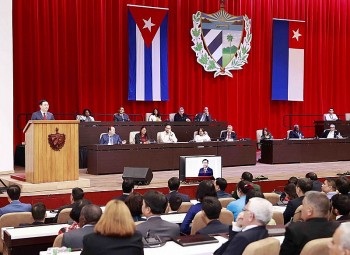 | Parliamentary Diplomacy Promotes "Soft Power" to Enhance Vietnam's Position Effectively deployed parliamentary diplomacy is an important driving force in deepening the friendship, comprehensive and multi-faceted cooperation between Vietnam, international partners and friends. |
 | Vietnam Continues to Enhance Soft Power: Deputy Foreign Minister Within the framework of the 42nd Session of the UNESCO General Conference, Vietnam was elected a Vice President, representing the Asia-Pacific. According to Deputy Minister ... |
Recommended
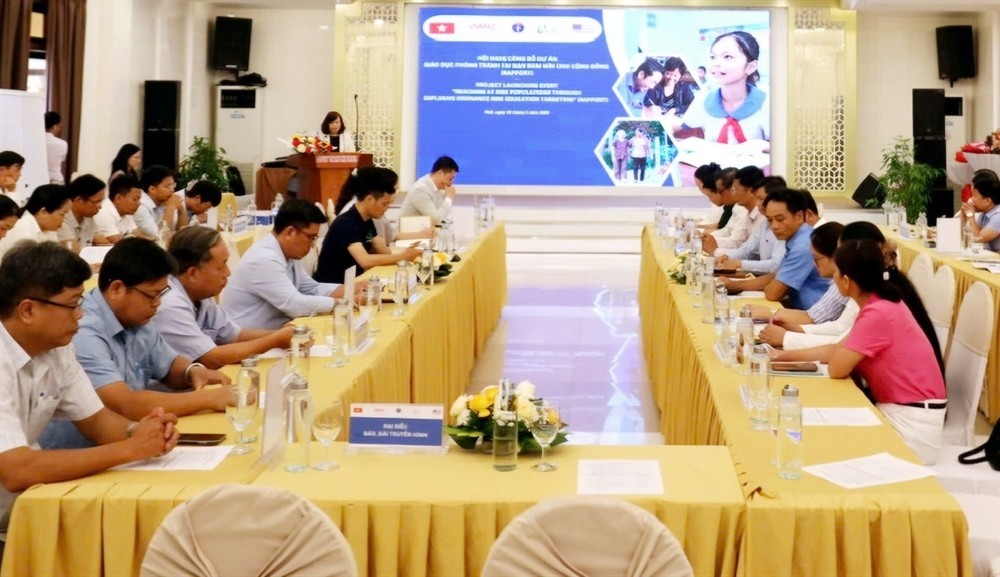 Viet's Home
Viet's Home
Hue City to Raise Awareness on Mine Accident Prevention
 Focus
Focus
Vietnam Leaves Imprints on the World Peacekeeping Map
 Viet's Home
Viet's Home
“Global Vietnamese Singing 2025” - Connecting Hearts Longing for Homeland
 Viet's Home
Viet's Home
Vietnam’s People's Public Security Force Actively Contributes to UN Peacekeeping Operations
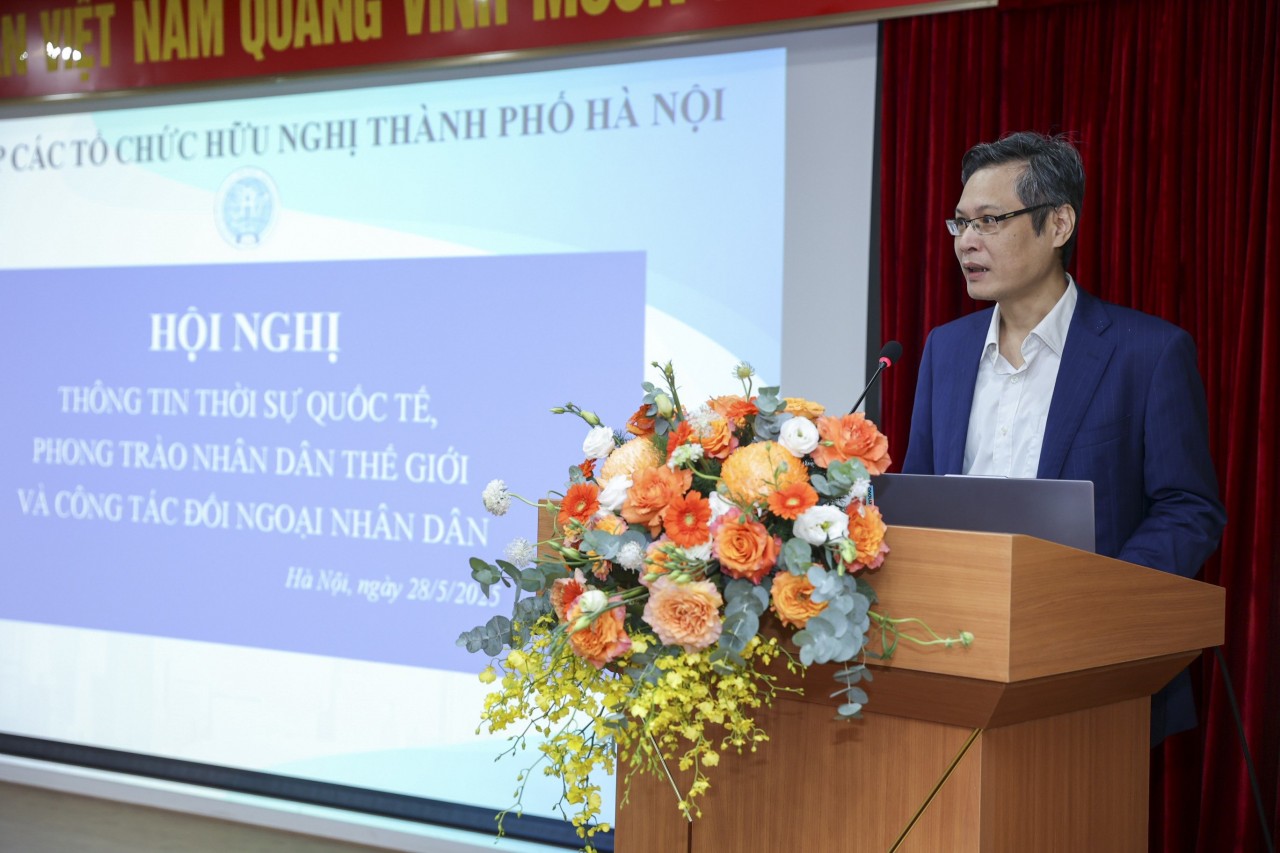 Viet's Home
Viet's Home
HAUFO Enhances Competence of People-to-People Diplomacy Personnel
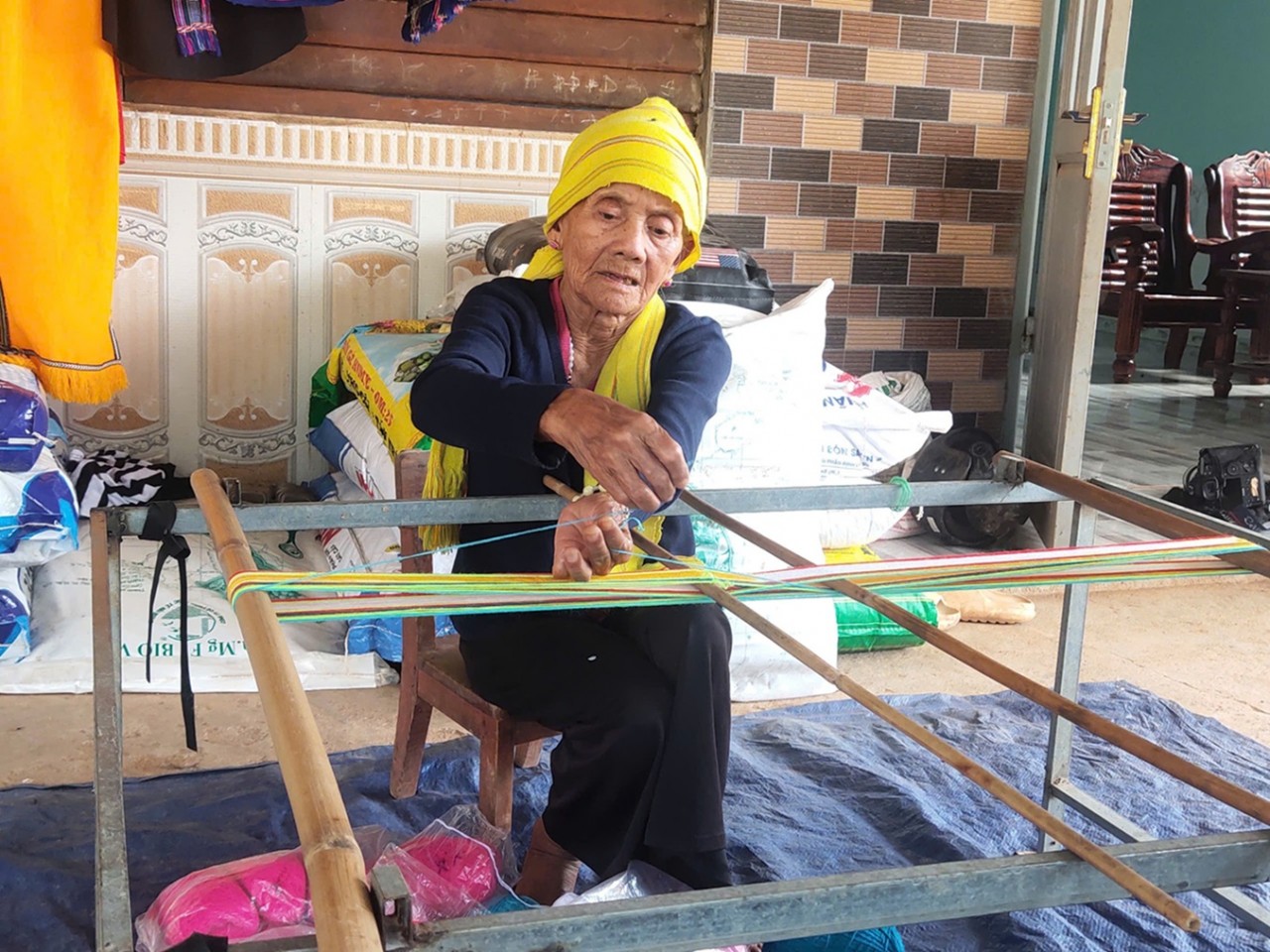 Viet's Home
Viet's Home
Hands that Reserve Da Long Brocade Craft
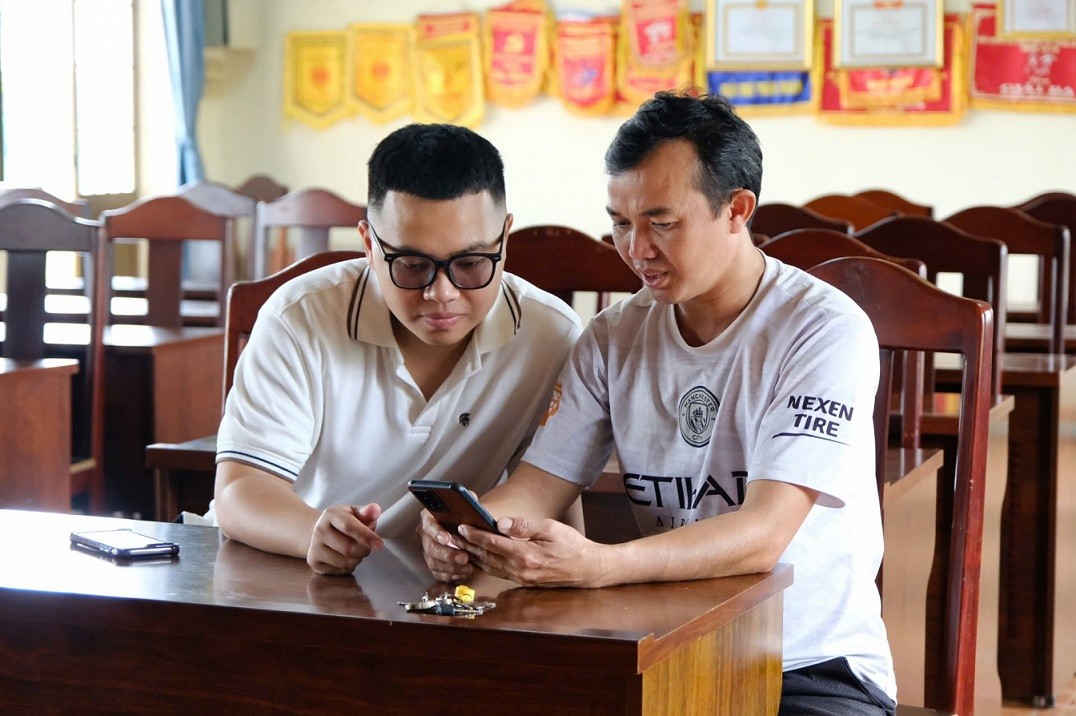 Viet's Home
Viet's Home
Da Rsal – How Digital Transformation Reshape a Poor Commune
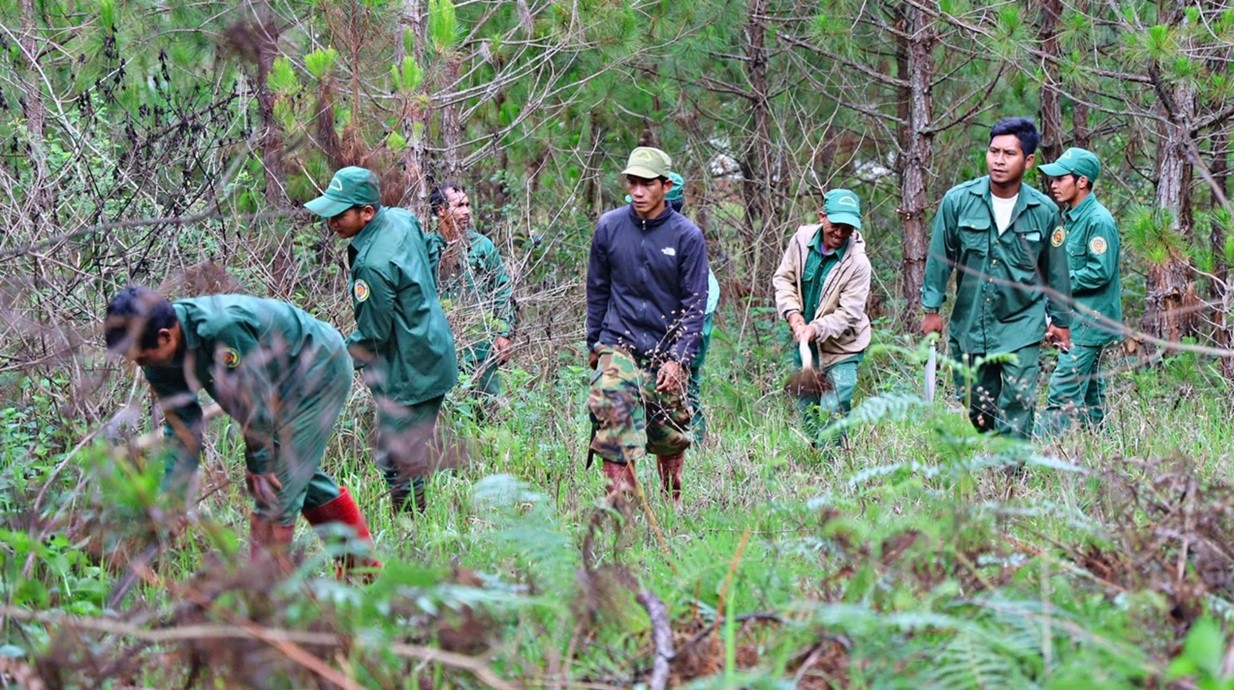 Viet's Home
Viet's Home

